A hub of innovation and collaboration to drive critical research
As organizations continue to grow and adapt, research and data grows with them, making privacy and security around data collection and analysis a top-line priority. Of equal importance is ensuring data is being used ethically and consciously to have an impact on the greater public good. To address the challenges of data analysis in research, you need best-in-class tools.
RTI International approaches information technology (IT), data service, and innovation with the aim of delivering revolutionary services and solutions quickly across industries to help our clients achieve mission critical goals. From IT systems and application support, biomedical research and health sciences, and cloud computing needs, our leading expertise in data for research spans areas such as:
- Real-time end-to-end data management – including consolidating cloud infrastructure and building information systems
- Integration services – including support for implementing emerging technologies and methods like Artificial Intelligence (AI), Machine Learning (ML), and Natural Language Processing (NLP)
- Digital government and secure cloud services
- Data science support – including population modeling and predictions
- Software development – including mobile and web apps
Continue reading about our groundbreaking technical and data solutions to support you in making an impact on the world’s most critical problems, today and in the future.
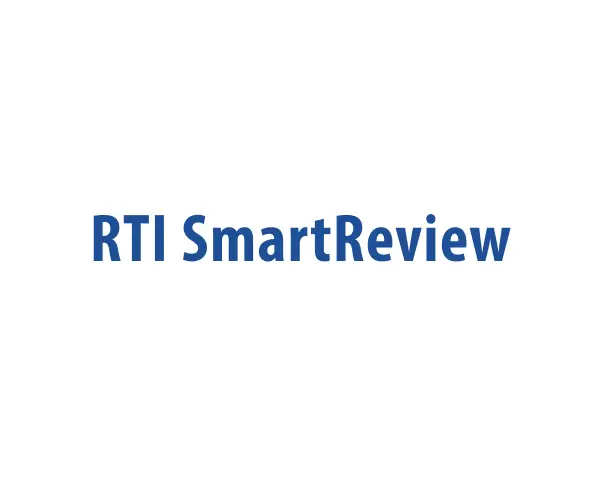
SmartReview
Reduce the amount of time spent identifying and analyzing public comment data used to influence policy change. With RTI SmartReview, use an automated data pipeline, natural language processing, and machine learning to select relevant comments and integrate them into dashboards quickly, accurately, and automatically.

MetaMatchMaker
Increase the volume of data at your disposal and facilitate more meaningful insights with MetaMatchMaker. The portal uses transfer learning, a recent paradigm shift in AI technology building on machine learning principles, to cut the time and money needed to integrate data from multiple studies, submit and share data easily, and get to analysis faster.
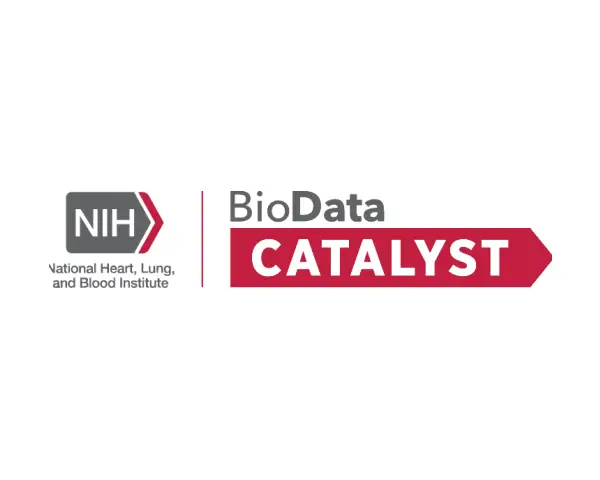
BioData Catalyst
Configure tools, workflows, and analysis environments with ease. BioData Catalyst is a cloud platform providing secure collaboration and real-time communication between research teams. End-to-end workflow versioning also makes analyses reproducible and sharable with minimal extra time and effort.
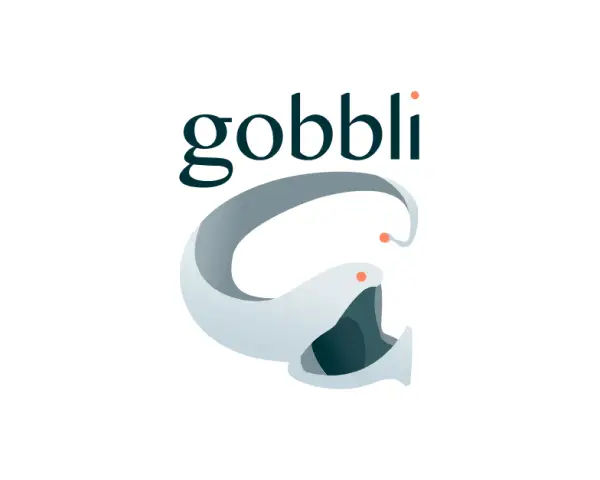
Gobbli
Decrease time to results while accounting for nuanced and accurate language classification. Gobbli, an RTI-developed open-source python library, bridges state-of-the-art research in natural language processing to real-world issues. Its unified interface allows practitioners to use and evaluate methods and deliver the best solutions for the problem at hand.

UPmod
Integrate the development, management, and deployment of models while better facilitating scalability. The UPmodTM solution is a fully customized platform designed to deploy products once difficult modeling work is done. RTI’s UPmod provides an intuitive interface for data scientists to import, edit, and deploy their entire library of models – easing model management, facilitating rapid development, and clearing the way for collaboration.

RTI WRAP
Collect, manage, and analyze data from wearable devices in a streamlined, evidence-based, cost-effective manner. RTI WRAPTM is an end-to-end solution used for observation, intervention, and prediction. Collect data objectively and continuously; identify areas of improvement and generate personalized feedback; and predict behaviors or future disease states with pattern recognition.
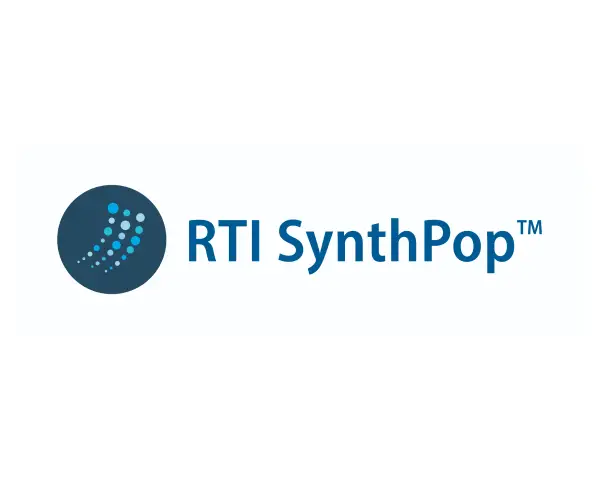
RTI SynthPop
Project data at maximum granularity for intelligent simulation efforts. With RTI SynthPopTM you eliminate the concern for personally identifiable information while quickly creating custom, fit for purpose, synthetic populations based on national and state baselines. Gain the ability to visualize and cross-compare numerous variables by linking datasets, allowing for predictions of human behavior based on existing trends.
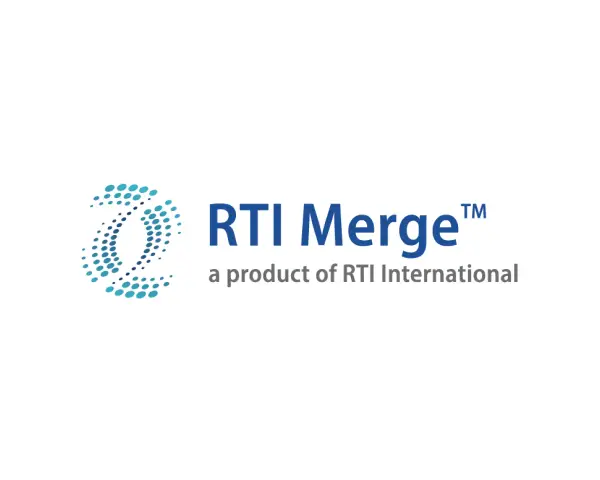
RTI Merge
Jumpstart projects, scale computing resources on-demand, and manage workflows more efficiently. RTI MergeTM – a secure cloud data integration and analysis platform fuses the latest advancements in research, science, and technology. This full suite of open-source and proprietary tools supports data acquisition and ingestion, knowledge curation, and modeling and simulations to help researchers and policy makers make better-informed, evidence-based decisions faster.
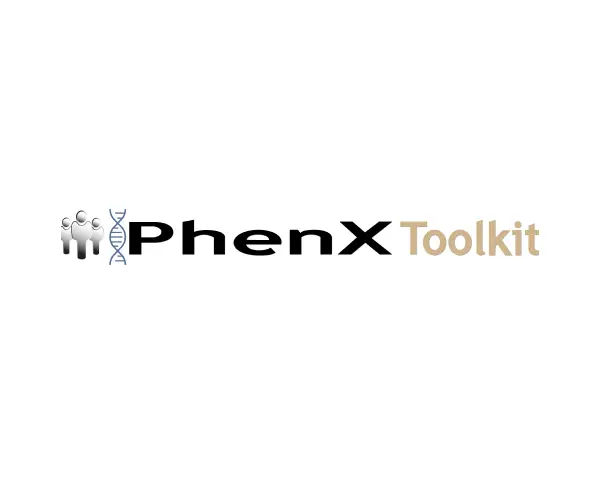
PhenX Toolkit
Freely access well-established and recommended measurement protocols to increase utility and impact. With over 500 measures across 24 research domains, RTI’s PhenX Toolkit gives professionals in public health, epidemiology, genomics, and social sciences a catalog of standard measures for use in collaborative research. The Toolkit offers guidance on how scientists should use the measures, detailed descriptions of the data collection methods, and tools to help investigators incorporate PhenX measures into their studies.



















